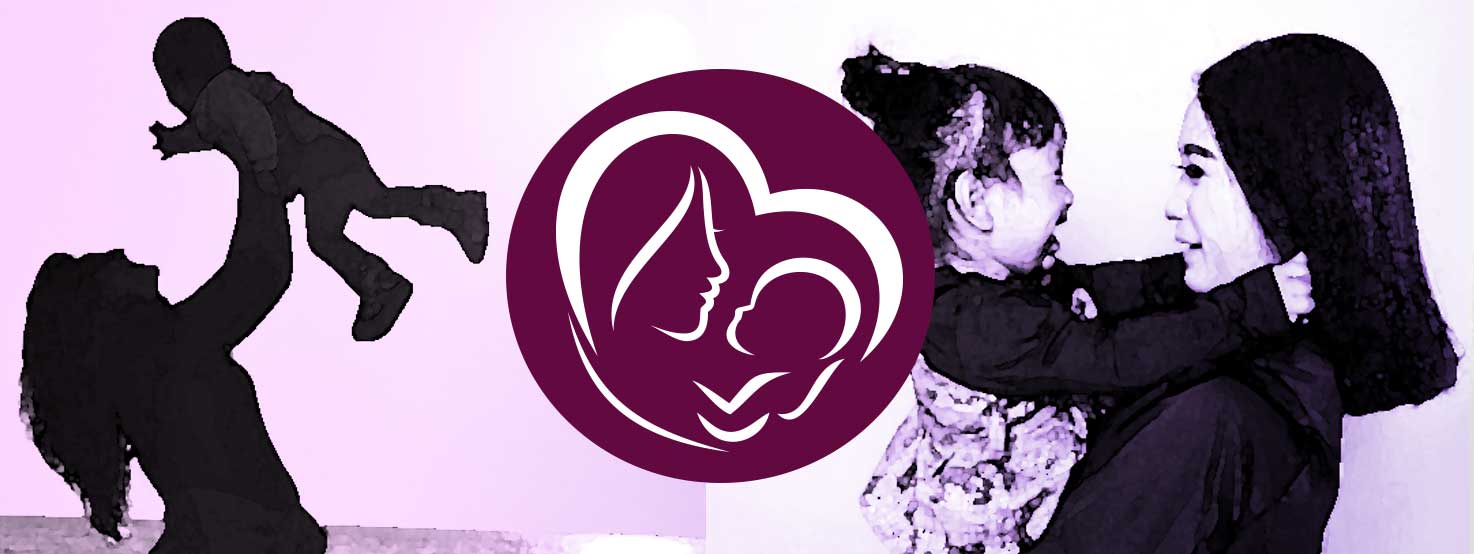Channels

Rotary

Rotary Conference

Laurel Health Centers

Penn Oak Realty

Movin Together

Bank On It

Dunhams Corner

By The Door

Questioning Life

Karschners Insurance

Ag Happenings

Back to Basics

Hornet Happenings

Live From The Hive

Momday Monday

Pennsylvania Politics

The Briefing

Weekly Highlights

Wellsboro Chamber

Managing Stress and Anxiety
It seems like everywhere we turn we’re being inundated by all that’s going on in the world. The global pandemic, social unrest, and life in general may be causing you stress and feelings of anxiety. Stress is a feeling of emotional or physical tension. It can come from any event or thought that makes you feel frustrated, angry, or nervous. Stress is your body’s reaction to a challenge or demand and in short bursts, it can be positive, such as when it helps you avoid danger or meet a deadline. Our bodies are well equipped to handle time limited stressors via the “fight or flight” system. But if you’re under stress for long periods of time, your emotional and physical system can easily become overwhelmed. The constant release of stress hormones can begin to have lasting effects, including confusion, difficulty remembering and concentrating, depression, sleep disturbances, hostility, obsessive behaviors, as well as many physical symptoms.
More than ever, it is important that you practice self-care and focus on the things you can control. Here are some simple things you can do to help manage your stress and anxiety:
- Be physically active. When your anxiety or stress is high, it is important to get out of your head and focus on your body. It’s recommended that we participate in moderate physical activity for at least 30 minutes a day, five days a week. Activities can range from walking and running to dancing or yoga. The best part is you don’t have to go to a gym to be physically active – simply walk outside or participate in an online class.
- Eat a healthy diet. Eating a healthy, well-balanced diet is always important, but it is even more important to nourish your body when you are under stress. Eat more fruits and vegetables full of natural antioxidants, sugars, and healthy nutrients, and remember to drink plenty of water. While a treat can be a good thing in moderation, don’t mindlessly snack all day. Portion out snacks before you eat them, so you are mindful of what and how much you are eating.
- Get enough sleep. The average person needs 6 to 8 hours of sleep per night. The period of sleeping recharges your body and brain and supplies you with necessary energy. If you are having trouble sleeping, create a routine at bedtime and stick to a consistent sleep schedule. Stay off your screens in bed and move the television out of your bedroom.
- Practice mindfulness, meditate, or perform deep breathing exercises. There are many mindfulness podcasts or phone apps that can help you relax your mind and give you a moment of peace. Mindfulness, meditation, and deep breathing get easier with practice, so make it a routine every day. If you have trouble relaxing your mind, start a gratitude journal and write every day about what you are thankful for in your life. Dedicated time to pause and reflect can really recharge your mind.
- Limit alcohol consumption. There are benefits to the social interaction and conversations we have while indulging in a drink with friends, but moderation is key. Although alcohol decreases stress in the short term, habitual or excessive alcohol use paradoxically increases stress and anxiety, disrupts sleep patterns, and causes negative effects for our health.
- Take a break from the news. With constant news conferences on TV and your twitter and Facebook feed blowing up with political opinions, you’re probably overwhelmed, which can make stress and anxiety even worse. Schedule times to unplug your social media feed and your television — especially before bed. Also, be mindful that there is a lot of misinformation out there, and it can be tough to separate fact from fiction. Choose credible news sources that you trust and steer clear of the rest.
- Find new ways to enjoy life. You may have some extra time on your hands now that you aren’t running your kids all over town or commuting to work every day. Take this time to start a new healthy habit. Maybe you can take a walk every day at the same time or journal every morning. This is an opportunity to try something new and do things you couldn’t find time to do before the pandemic. Focus your attention on doing things, not what you aren’t able to do.
When to Reach Out for Help
How you respond to stress and anxiety, especially during the COVID-19 pandemic, can depend on your background, support system, financial situation, health and emotional background, and where you live. Anxiety disorders affect more than 6.8 million Americans and are one of the most common forms of mental illness in the U.S.
While stress and feelings of anxiety and depression may occur in our lives for a variety of reasons, it’s important to listen to your body, and mind, and not be afraid to talk with others about your feelings.
Symptoms of stress and anxiety include:
- Changes in sleep patterns
- Difficulty controlling feelings of anxiety
- Irritability or restlessness
- Becoming easily fatigued and excessive sleepiness
- Headaches
- Muscle tension
- Heart palpitations
- Unexplained weight changes
If symptoms are interfering with your life, it’s time to reach out for help. Counseling, psychotherapy, and medication are the most common treatment options for anxiety, stress, and depression. Your primary care physician or a mental health professional can help find the right combination of treatment for you.
Erin Miller, PhD, is a psychologist with UPMC Behavioral Health Services, 1100 Grampian Blvd., Williamsport. For more information, visit UPMCSusquehanna.org.
Credits:
Writing: Erin Miller, PhD, Psychologist / Behavioral Health / UPMC Susquehanna
Produced by Vogt Media
Home Page Sponsors: UPMC






































